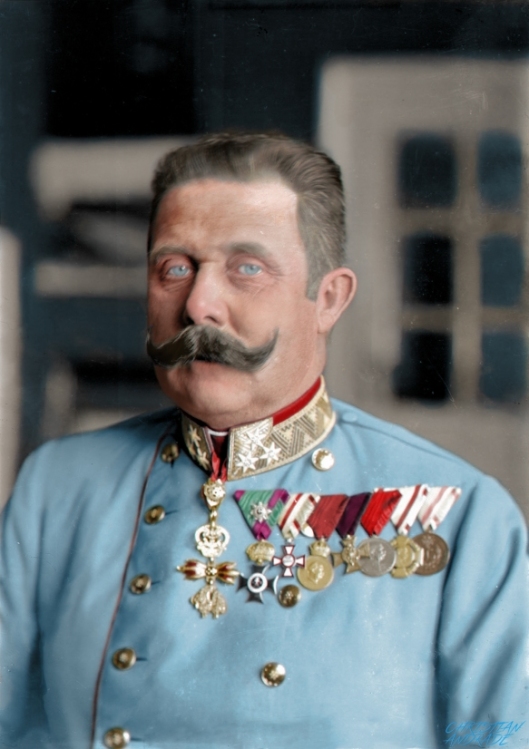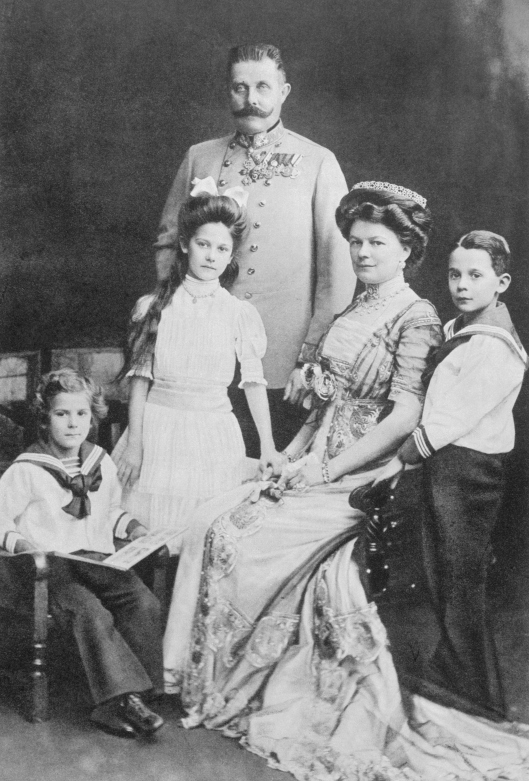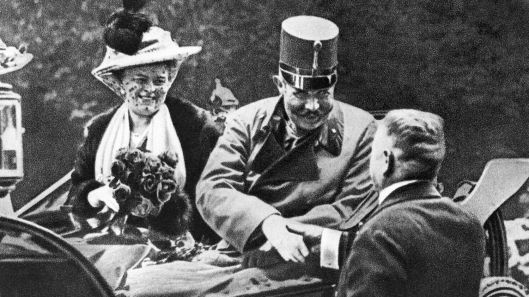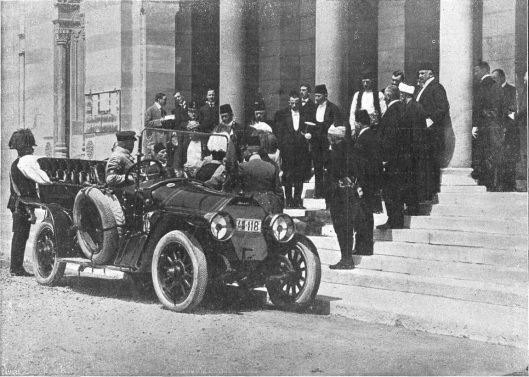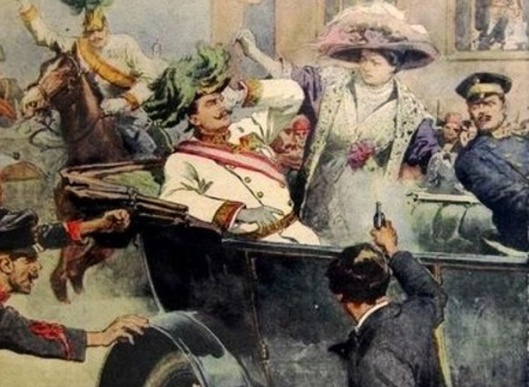Tags
Archbishop of Canterbury, Assassination, Hugh de Morville, King Henry II of England, Reginald FitzUrse, Richard le Breton, St. Dunstan's Church, Thomas Becket, William de Tracy
In June 1170, Roger de Pont L’Évêque, Archbishop of York, was at York with Gilbert Foliot, Bishop of London, and Josceline de Bohon, Bishop of Salisbury, to crown the heir apparent, Prince Henry the Young King. This breached Canterbury’s privilege of coronation and in November 1170 Becket excommunicated all three.
On hearing reports of Becket’s actions, King Henry II is said to have uttered words interpreted by his men as wishing Becket killed. The exact wording is in doubt and several versions were reported. The most commonly quoted, as invented in 1740 and handed down by oral tradition, is “Will no one rid me of this turbulent priest?”, but according to historian Simon Schama this is incorrect: he accepts the account of the contemporary biographer Edward Grim, writing in Latin, who gives, “What miserable drones and traitors have I nourished and brought up in my household, who let their lord be treated with such shameful contempt by a low-born cleric?” Many other variants have found their way into popular culture.
Regardless of what Henry said, it was interpreted as a royal command. Four knights, Reginald FitzUrse, Hugh de Morville, William de Tracy and Richard le Breton, set out to confront the Archbishop of Canterbury. On December 29, 1170, they arrived at Canterbury. According to accounts by the monk Gervase of Canterbury and eyewitness Edward Grim, the knights placed their weapons under a tree outside the cathedral and hid their armour under cloaks before entering to challenge Becket.
The knights told Becket he was to go to Winchester to give an account of his actions, but Becket refused. Not until he refused their demands to submit to the king’s will did they retrieve their weapons and rush back inside for the killing. Becket, meanwhile, proceeded to the main hall for vespers. The other monks tried to bolt themselves in for safety, but Becket said to them, “It is not right to make a fortress out of the house of prayer!”, ordering them to reopen the doors.
The four knights, wielding drawn swords, ran into the room crying, “Where is Thomas Becket, traitor to the King and country?” They found Becket in a spot near a door to the monastic cloister, the stairs into the crypt, and the stairs leading up into the quire of the cathedral, where the monks were chanting vespers. On seeing them, Becket said, “I am no traitor and I am ready to die.” One knight grabbed him and tried to pull him outside, but Becket grabbed onto a pillar and bowed his head to make peace with God.
Several contemporary accounts of what happened next exist; of particular note is that of Grim, who was wounded in the attack. This is part of his account:
…the impious knight… suddenly set upon him and [shaved] off the summit of his crown which the sacred chrism consecrated to God… Then, with another blow received on the head, he remained firm. But with the third the stricken martyr bent his knees and elbows, offering himself as a living sacrifice, saying in a low voice, “For the name of Jesus and the protection of the church, I am ready to embrace death.” But the third knight inflicted a grave wound on the fallen one; with this blow… his crown, which was large, separated from his head so that the blood turned white from the brain yet no less did the brain turn red from the blood; it purpled the appearance of the church… The fifth – not a knight but a cleric who had entered with the knights… placed his foot on the neck of the holy priest and precious martyr and (it is horrible to say) scattered the brains with the blood across the floor, exclaiming to the rest, “We can leave this place, knights, he will not get up again.”
After Becket’s death
After his death, the monks prepared Becket’s body for burial. According to some accounts, it was found that Becket had worn a hairshirt under his archbishop’s garments – a sign of penance. Soon after, the faithful throughout Europe began venerating Becket as a martyr, and on February 21, 1173 – little more than two years after his death – he was canonised by Pope Alexander III in St Peter’s Church, Segni.
In 1173, Becket’s sister Mary was appointed Abbess of Barking as reparation for the murder of her brother. On July 12, 1174, amidst the Revolt of 1173–74, King Henry II humbled himself in public penance at Becket’s tomb and at the church of St. Dunstan’s, which became a most popular pilgrimage site.




